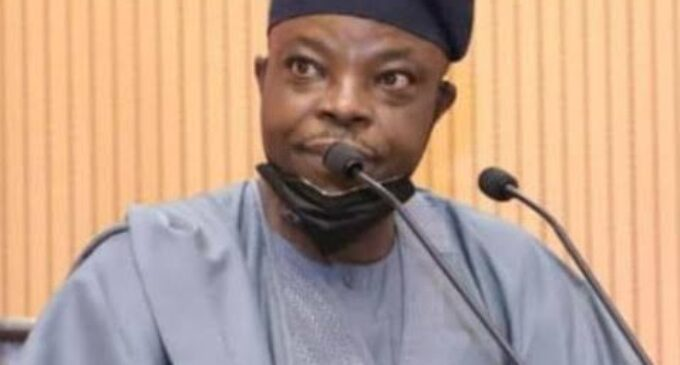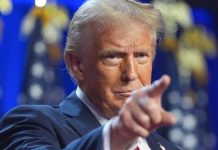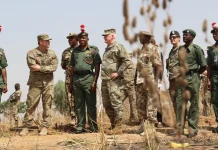Nigerian High Commissioner to the UK, Sarafa Isola, has written a letter to The Economist in response to an article focusing on the country’s security challenges.
According to the article which was published on Saturday, the newspaper criticized the federal government’s approach to insecurity, stating that “when violence erupts, the government does nothing or cracks heads almost indiscriminately”.
Also, the article referred to the Nigerian army as “mighty on paper”, and whose personnel are “ghosts who exist only on the payroll, and much of its equipment is stolen and sold to insurgents”.
The article had stirred up several reactions at the presidency, while the Nigerian Army disagreed with the content of the article.
READ ALSO: Nigeria Spent N123.73bn on Petrol Subsidy In September
In reacting to the article on Wednesday, the envoy stated that while the London-based newspaper is right to highlight Nigeria’s security challenges, the portrayal of the situation to its readers is “unfair and selective”.
“The Economist is correct to point out the multiple security and governance challenges that Nigeria presently faces. But the picture that you present is selective and unfair to your readers,” Isola wrote, according to a statement by Garba Shehu, the presidential spokesperson.
“The decay of agencies and institutions has gathered momentum for decades. There is no quick or simple fix. It is unwise to pretend otherwise.”
Isola added that the administration of President Muhammadu Buhari has been making progress on improving security.
“There has been progress. Nigeria works closely with partners in the Sahel region, Europe and the US on security and intelligence. It is not an accident that the leadership of militant groups is weaker than it has ever been,” the envoy said.
“You highlight the need for police reform: this is a process that President Buhari’s administration has led, including the disbandment of the Special Anti-Robbery Squad (SARS). We are already working with the UK and others on training and equipment.
“Nigeria has led the region in a robust response to COVID-19 that has helped keep infection levels well below many parts of the world, while also helping to mitigate the economic shocks from the global downturn for the most vulnerable.
“President Buhari has also championed reforms to the energy sector, the cradle for corruption, in the teeth of fierce resistance from the old, business-as-usual brigade.”












